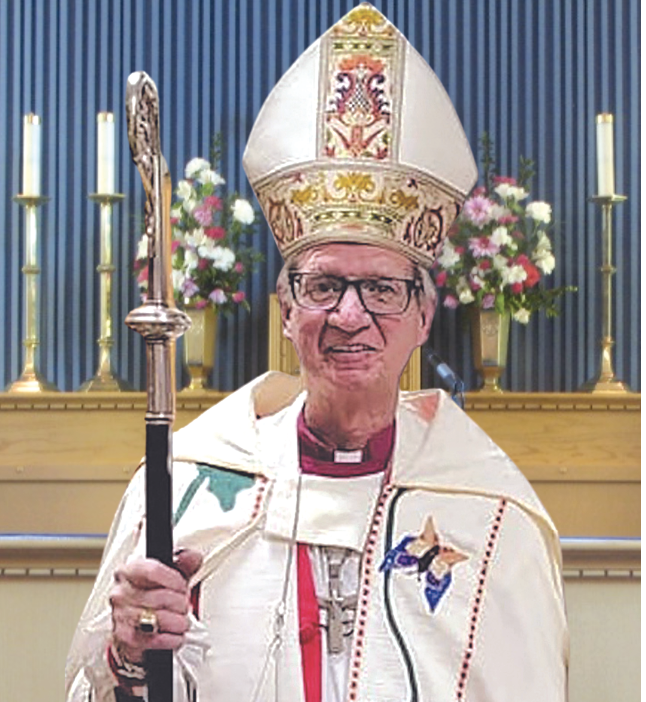Through the past seven years in the Diocese of Central Newfoundland, there has been a steady and diverse flow of courses offered to all who were interested. The topics included in the Bible 101 course are: Pathways for Ministry; Vocational Exploration; New Testament Key Words; Confirmation, Prayer; and a course on the history, development, and presence of the Eucharist in our midst. Each course was well attended. The vocational exploration courses have helped many people discover that there was indeed a call on their lives, and find the starting point of anointed pathways that wait, open for them to travel. Literally hundreds of people, and hundreds of hours have been invested in enabling discernment, mentoring, equipping, and commissioning for ministry. We have and will continue to follow the foundational teaching of Ephesians chapter four, which defines the role of the Church as preparing the saints for the ministry to which they are being called. All of these resources are available online for access and download for any individual or group who wishes to use them.
These courses were offered along with the work our Diocesan Synod has been doing since 2016 in relation to understanding “why and how” things have changed. In congregational and parish settings, it was time to face the cost of running ministry and buildings in a time when traditional financial and human resources are dwindling. The commission of our Synods was simple really, although the work has been complex and challenging. There is a twofold commission that we have covenanted together to follow.
First and foremost is that every conversation we have in the Church is centred around being disciples of Jesus, working together to continue our Lord’s work in our time, and in the midst of our culture. Secondly, we must carry that commitment forward as we take counsel together and learn why things are the way they are, face the facts, and bravely work together to make and implement decisions that are honest about sustainability and mission. In short, there will be no conversations about “money” without prayer, including conversation and commitment to the mission of Jesus in our diocese. That too has been a huge challenge, but we are staying the course!
We are presently in a course entitled Preaching 101. By the time you read this article, the course will be over or winding down. One of the highlights of this course for the 42 people enrolled was developing a sense of the importance of lives given to study. We learned that the age-old image of the “Sunday preacher person with a point, poem, and a prayer” no longer has a place in the centre of the universe. People certainly don’t pay attention any more; social media, television, and the internet have us grasping for instant gratification. At the same time, they send us into a tailspin of impatience,\short-sightedness, and longing for what everyone else has.
If your attention has been kind enough to remain with me so far, allow me to make this point:
When we speak of “preaching,” we are talking about something much larger than a message every week. We are talking about the proclamation of grace, wrapped in compassion, mercy, justice, judgement, example, giftedness, and the power of a Lord who moved into our neighbourhoods, and became one of us.
That is where good preaching comes from. By that I mean from an individual preacher and the proclamation of the Church in the world today.
A clear and powerful message comes from one who lives among the community of faith, who lives among the community of doubt and need, shares the life of those who dwell there, and learns from their wisdom, folly, purity, and sin—then speaks into that community with wisdom, understanding, and love.
The Spirit of Jesus is ready to help us stop answering questions that no one is asking anymore, and to work with them on the questions that are being asked. Our Creator is calling each of us, as individuals and as congregations, to do just that. Therein is the future of the Church.




